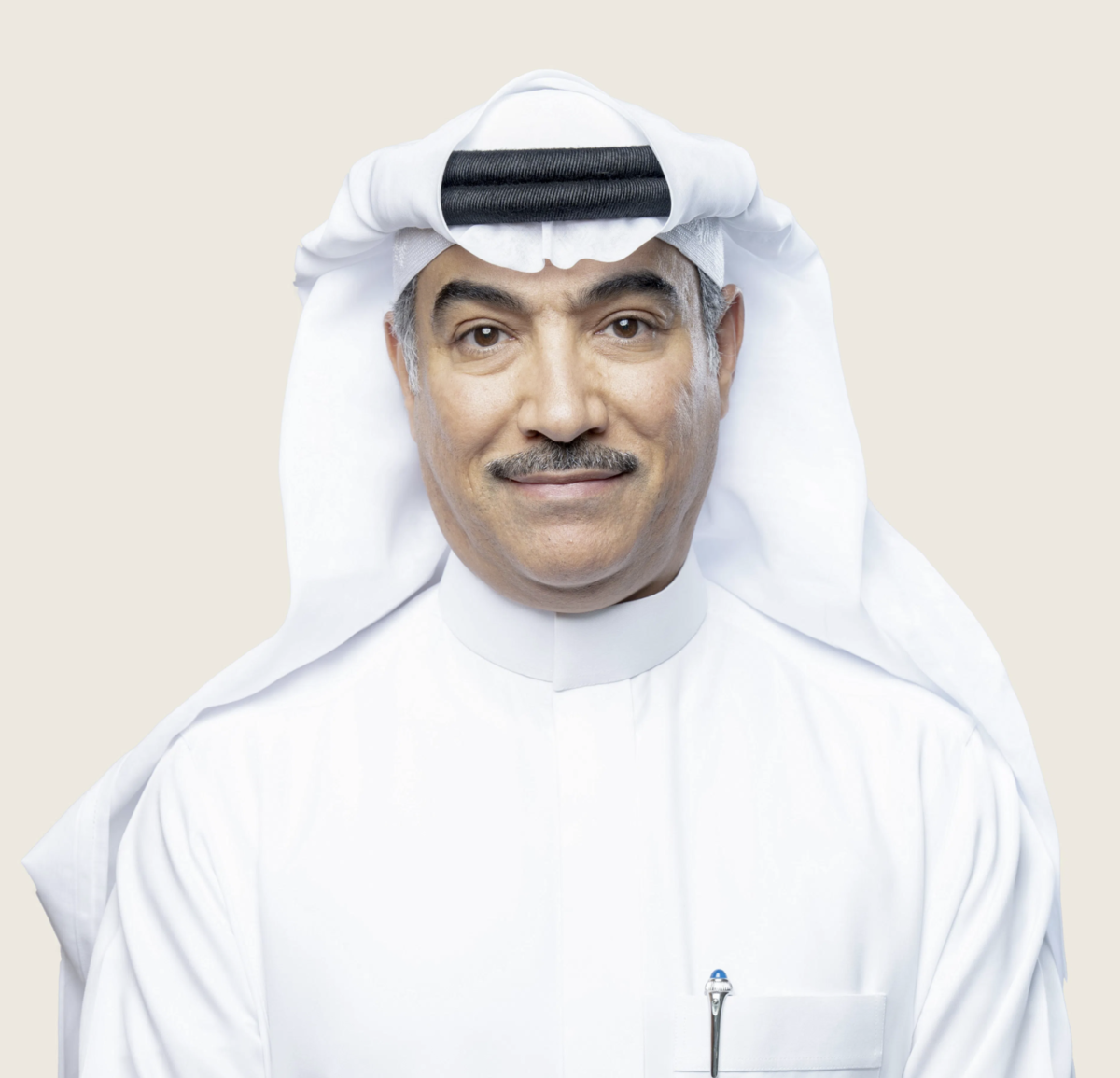RIYADH: More than 1,200 investors from across the world will descend on Riyadh at the end of April for what is expected to be the biggest Future Hospitality Summit ever seen in Saudi Arabia.
The event - set to be held at Al Faisaliah Hotel from April 29 to May 1 – will focus on sustainable tourism and technology-driven hospitality under the theme, “Invest in Tomorrow: Today, Together.”
Industry leaders will discuss sustainable development, investment prospects, entrepreneurship, and human capital, as well as gain insights into the continued expansion of Saudi Arabia’s hospitality and tourism sectors.
The upcoming three-day conference, which will feature more than 150 speakers, marks the seventh industry event for the Saudi market hosted by The Bench, a British business events firm.
Jonathan Worsley, chairman of the company, said: “The objectives of FHS Saudi Arabia are strategically aligned with Vision 2030, and our carefully curated program will focus on the development and sustainable growth of the hospitality industry in Saudi Arabia, the adoption of tech, innovation, and entrepreneurship in the sector, as well as investment and job creation opportunities.”
It will emphasize strategies to foster the growth of Saudi Arabia’s hospitality sector, positioning it as a key driver of the Kingdom’s economic diversification efforts.
Additionally, it will facilitate collaboration in the tourism industry by spotlighting its potential and opportunities for partnerships.
Day 1

Fine dining is one of the topics set to be discussed. Shutterstock
The first morning of the conference will be exclusively dedicated to the Global Restaurant Investment Forum, exploring Riyadh’s growing dining culture through main-stage presentations, case studies, and panel discussions.
Founded in 2015, GRIF has been a three-day conference held in Dubai and Amsterdam. This year it will be incorporated at FHS Saudi Arabia. It is mainly dedicated to investors who want to meet owners of restaurant concepts, operators and franchisors looking for growth, equity, or partners.
GRIF Culinary Tours of game-changing restaurant concepts in the culinary landscape in Saudi Arabia will take place again, as well as the Startup Den – where entrepreneurs pitch their business ideas to a panel of investor judges.
The most recent speakers who have confirmed their participation include Martin Raymond, who serves as the co-founder of the Future Laboratory and holds the position of editor-in-chief at LS:N Global. Christopher Sanderson, also a co-founder of the Future Laboratory, will be joining him.
Additionally, Mohammed Jawa, the founder and chairman of MJS Holding, Faisal Shaker, co-founder and CEO of Modern Food Company, and Nawal AlKhalawi, the founder and CEO of Asfar Experience, will address attendees.
The programme will kick off in the afternoon on April 29 with the FHS Intelligence Talks, moderated by Fritz Dickamp, managing director of Studio 49.
Topics include “The Future of Wellness – New Data on Wellness Travel,” moderated by Aradhana Khowala, CEO and founder of Aptamind Partners, in conversation with Susie Ellis, chair and CEO at Global Wellness Institute and Global Wellness Summit, and “The Hotel of the Future” presented by Turab Saleem, partner and head of Hospitality, Tourism and Leisure Advisory at Knight Frank Middle East and North Africa.
“We are offering delegates opportunities to immerse themselves in the dynamic essence of Saudi Arabia’s market. Our enriched program encompasses an array of engaging presentations, short-but-powerful ‘10X Talks’, multifaceted panel discussions, fireside chats, case studies, and captivating site tours,” Worsley said.
He added: “Furthermore, the event is peppered with ample networking opportunities over three days, all carefully curated to foster an environment of learning, dialogue, exploration, and meaningful connections.”
Day 2

Fahad bin Mushayt, CEO of ASFAR, will appear on a panel discussing investment blueprints. FHS
On the second day, the conference will kick off with welcome remarks by Prince Bandar bin Saud bin Khalid, secretary general of the King Faisal Foundation, and chairman of the board of Al Khozama.
Plenary sessions will cover a wide range of topics including “Hospitality Investment Opportunities in Saudi Arabia in Alignment with Vision 2030” presented by Mahmoud Abdulhadi, deputy minister of Destination Enablement at the Ministry of Tourism.
A panel discussion on “A Blueprint for Successful Market Entry and Investment,” will be moderated by Edie Rodriquez, a Saudi Tourism Authority board member, with panelists Qusai Al-Fakhri, CEO of Tourism Development Fund, Fahad bin Mushayt, CEO of ASFAR, and Guy Hutchinson, president of Hilton MEA.
Also appearing will be Haitham Mattar, a special advisor to UN Tourism and managing director MEA and South West Asia at IHG Hotels & Resorts.
In addition, there will be a case study on “Public and Private Sector Collaboration to Accelerate Lifestyle Developments and Promote New Destinations,” moderated by Mohammed Islam, host and founder of the Mo Show Podcast Saudi Arabia, as well as a panel on “Maximising Financial Resilience Through Multi-asset Allocation” chaired by Matthew Martin, Saudi Arabia bureau chief at Bloomberg.
Moreover, sustainable hospitality investment and development will take center stage in the FHS program, alongside a significant emphasis on technology.
Industry leaders will delve into discussions on the future of artificial intelligence and the metaverse in hospitality, explore the convergence of AI, IT, and human interaction for enhancing guest experiences, and offer valuable insights on tech stack investment strategies for both owners and operators.
A fresh addition to FHS Saudi Arabia this year is the “Destination Tomorrow: Unveiling of Investment Opportunities” platform, designed to highlight innovative and emerging locations and attractions within the Kingdom’s hospitality and tourism sector.
Its primary goal is to facilitate connections between project developers, entrepreneurs, visionaries, investors, and other essential stakeholders.
Another inaugural event at this year’s FHS is the Speakers Corner, offering a distinctive chance for attendees to share personal narratives of overcoming challenges and achieving success in the industry.
Startup Den

Erika Blazeviciute Doyle, founder of Drink Dry, the GCC’s first and only premium non-alcoholic drinks marketplace, emerged as the winner of Startup Den 2023. FHS
The highly anticipated Startup Den returns this year, following its success at FHS Saudi Arabia 2023.
The panel of judges for this year include Prince Saud Al-Saud, executive director of TDF Grow, Salma Arafa, an innovation expert at UN Tourism, and Maya Ayoub, the founder and CEO of District Twelve and also country director of Saudi Arabia Women in Tech.
“The Bench is passionate about supporting start-ups and providing an opportunity for entrepreneurs to pitch their business to an expert panel of judges and investors,” Worsely said, adding: “This year, 10 finalists will take to the stage to present their business concept in what is set to be another thrilling competition.”
FHS Saudi Arabia is placing a greater emphasis on female representation than ever before, as a testament to The Bench’s dedication to empowering women in the hospitality industry and acknowledging their role within the sector.
“Women’s contribution to the workforce has been at the helm of the historic growth and development we witness today in the region. Our unique campaign seeks to inspire Saudi executive women, champion gender diversity in hospitality, and highlight the pivotal role females play in this ever-growing sector,” Tanja Millner, production director at The Bench, said.
She added: “We are delighted to introduce FHS Women Power, an initiative focused on facilitating and empowering Saudi national women working in the hospitality sector with complimentary tickets to FHS Saudi Arabia.
Last year, FHS Saudi Arabia welcomed over 1,100 delegates and featured 150 speakers from over 35 countries with 71 sponsors and partners.















